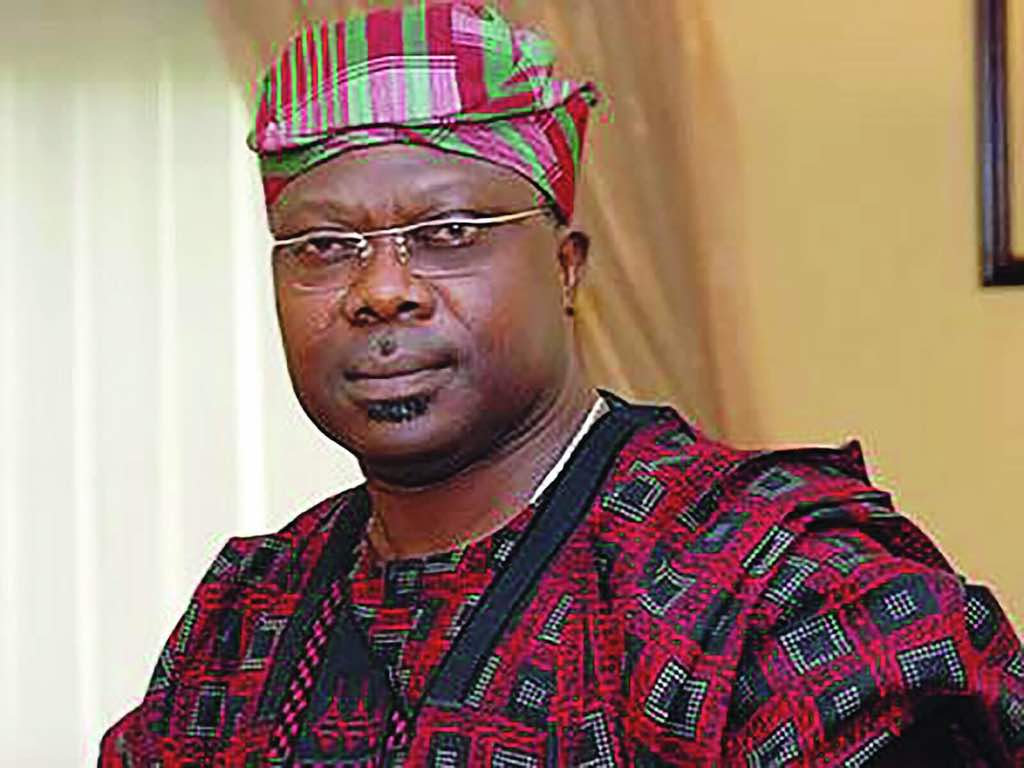[ad_1]
Kazeem Biriowo – Abuja
The United Nations Children Fund (UNICEF) has appealed to Nigerian tertiary institutions to integrate Child Rights Curriculum into their programmes.
UNICEF Chief of Field Office, Enugu, Juliet Chiluwe, made the call at a Two-Day Training of Trainers (ToT) in Child Rights Curriculum, organised by The Child Rights Information Bureau (CRIB) of the Federal Ministry of Information and Culture in conjunction with UNICEF, in Enugu, Enugu State.
Chiluwe, commended the Nnamdi Azikiwe University (NAU), Awka, Anambra State, for being the first tertiary institution in Nigeria to endorse the child rights curriculum as a general studies course and making it compulsory for its Mass Communication students.
She said the Child’s Rights Reporting Curriculum (CRRC) for tertiary institutions became imperative because communicating children’s rights was challenging while there is a broad range of abuse against children emanating from ignorance of what constitutes a child’s right.
“This great opportunity helps to broaden the scope of knowledge and exposure of the communication students and practitioners of Mass Communication by infusion of the Child Rights concerns, which are also topical concerns for human development.”
Different experts who spoke at the training said when students, especially those studying Mass Communication and Law, understand child rights from school, it would be easy for them to put them in the right perspectives when practising.
In a presentation titled “The Foundation of Child’s Rights”, a veteran journalist, Jide Johnson, who holds an academic doctorate, said children constitute half of the population in most developing countries and are more vulnerable to poverty and abuse.
He explained that the effects of poverty and abuse often left indelible marks on children’s development and potential.
A child is a person under 18, as defined by the Nigerian Child Rights Act (2003) and the Convention on the Rights of the Child (1989).
Johnson summarised child’s rights as a wide range of civil, political, economic, social, and cultural rights/entitlements based on four human rights principles: universality, indivisibility, accountability and interdependence/inter-relatedness.
[ad_2]






